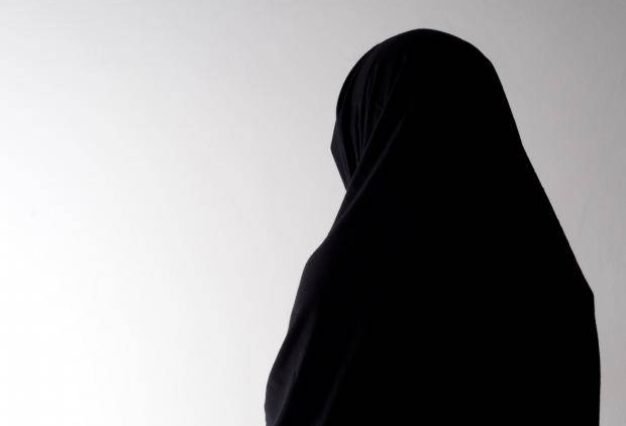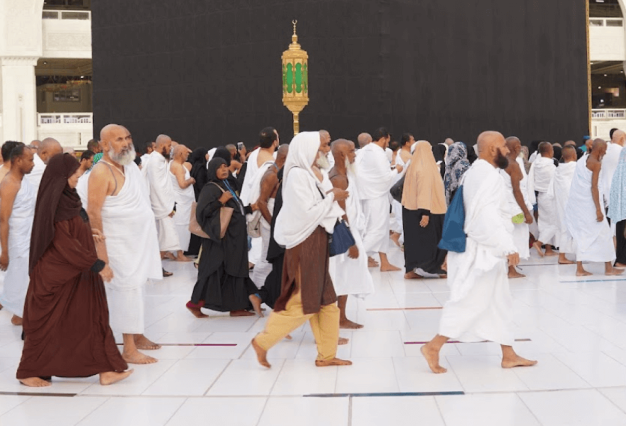Answered by Shaykh Yūsuf Badāt
Question:
I performed Ḥajj (pilgrimage), Alḥamdulillah, in 2010. Since I am back, I am fasting for the days (of Ramadān) I had missed during my teenage years. Now somebody tells me I do not need to recover those missed fasts, because all my past sins are forgiven by Allāh. I do not agree with this opinion but he says, it is a ḥadīth, so can you tell me what is correct?
Answer:
Jazākumullāh Khairan / Thank you for contacting us for your query.
Mabrūk /Congratulations on the completion of your Ḥajj. May Allāh accept it and make it a means of mercy, blessings and guidance for you.
In response to your concern, kindly note the following;
It is true that after performing Ḥajj, one is granted forgiveness of sin, as the Prophet of Islam (peace and blessings upon him) states, “Whoever performs Ḥajj to this house – Ka’bah- and does not commit any obscenity and wrongdoing, he or she, will come out as the day he or she, was born – pure and free from sins.” (Bukhārī and Muslim)
However, there is a distinction between forgiveness of sin and fulfilling outstanding obligations. So in your case, by performing Ḥajj, In-shā Allāh, the sin of not keeping the fast is forgiven, however the obligation of making up those fasts are still upon you. There are numerous statements from the ḥadīths that substantiate this. I have not come across any ḥadīth that states otherwise.
Kindly see below;
There is a detailed narration in Saḥīḥ Bukhārī of a man who deliberately broke his fast in Ramadān and the Prophet (peace and blessings upon him) instructed him to make up for it. (see Saḥīḥ Bukhārī, chapter on fasting)
“The scholars are of the consensus that the one who deliberately eats, or drinks during the days of Ramadān, without a valid excuse must make up the fast and also render the penalty (by fasting for two months or feeding 60 poor persons) (Al Jawhar Al Naqī).
Muḥammed Ibn Al Munkadir states, “Reports have reached me that the Messenger of Allāh (peace and blessings upon him) was asked regarding making up missed fasts of the month of Ramadān, whether they are to be kept perpetually or with breaks in between, thus the Prophet (peace and blessings upon him) replied, “The choice is yours (continuous or with breaks). Do you not understand, if there is an outstanding debt owing upon you, he can repay a coin or two coins (to accumulate to complete the total outstanding amount)”. (Dār Quṭnī)
Ibn ‘Omar (may Allāh be pleased with him) narrates the Messenger of Allāh (peace and blessings upon him) saying, “The one who passes away while having outstanding fasts of Ramadan upon him, (the guardians or family) should feed in the place of every day [missed], one poor person.” (Muwatta, Umdat Al Qārī)
Imam Bukhārī (may Allāh have mercy on him) has recorded that “Hasan (may Allāh be pleased with him) and Ibrahim (may Allāh be pleased with him) have stated regarding breastfeeding /nursing and pregnant women, when they fear for the health of themselves or their children, they will make ifṭār (eat and drink) and make up (the missed fasts of Ramadān) later. (Saḥīḥ Bukhārī)
And Allāh Knows Best



